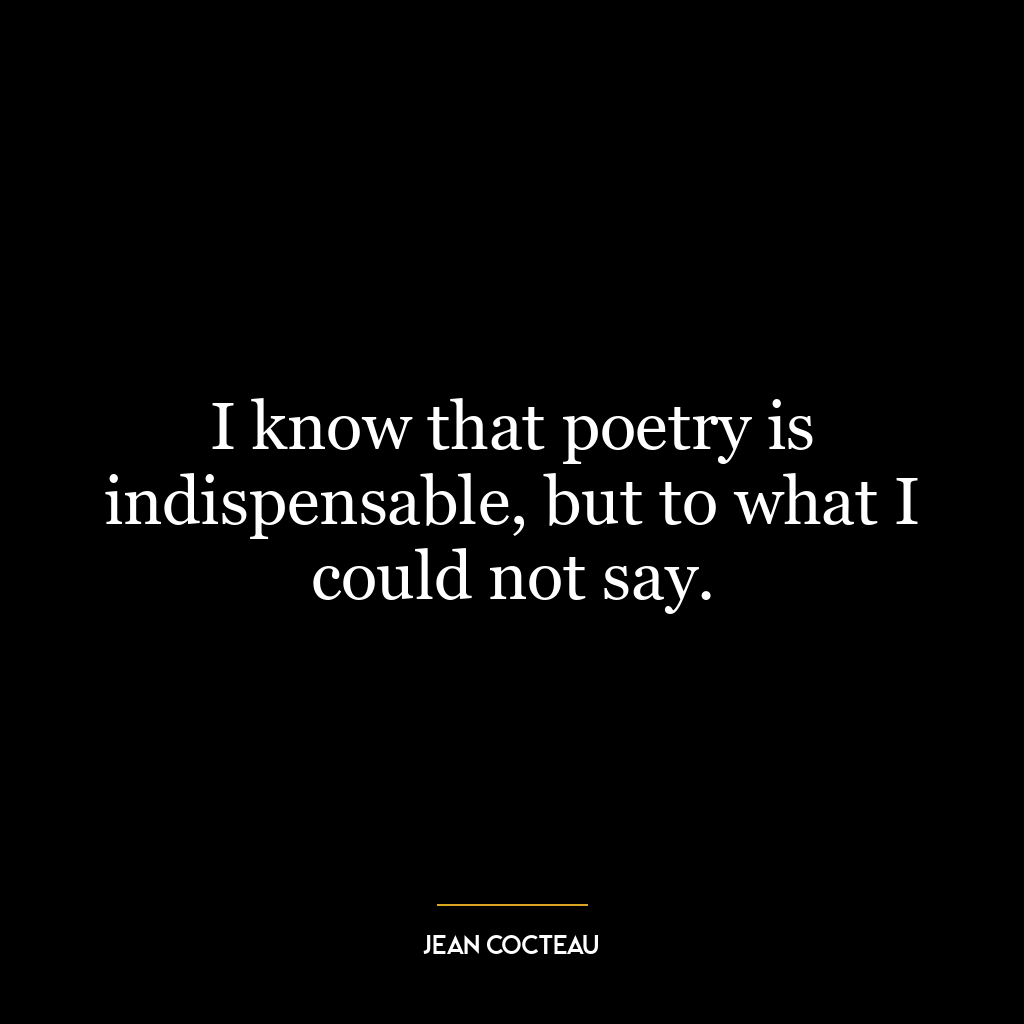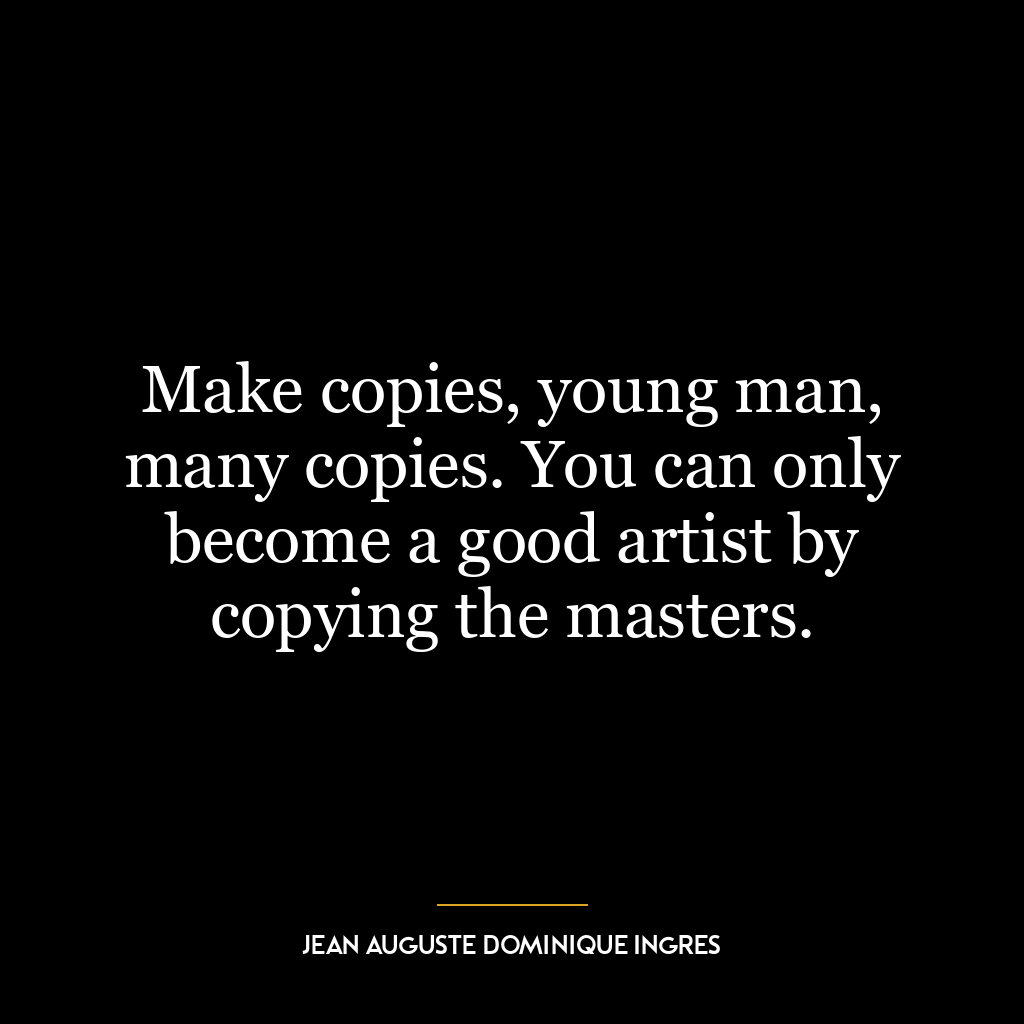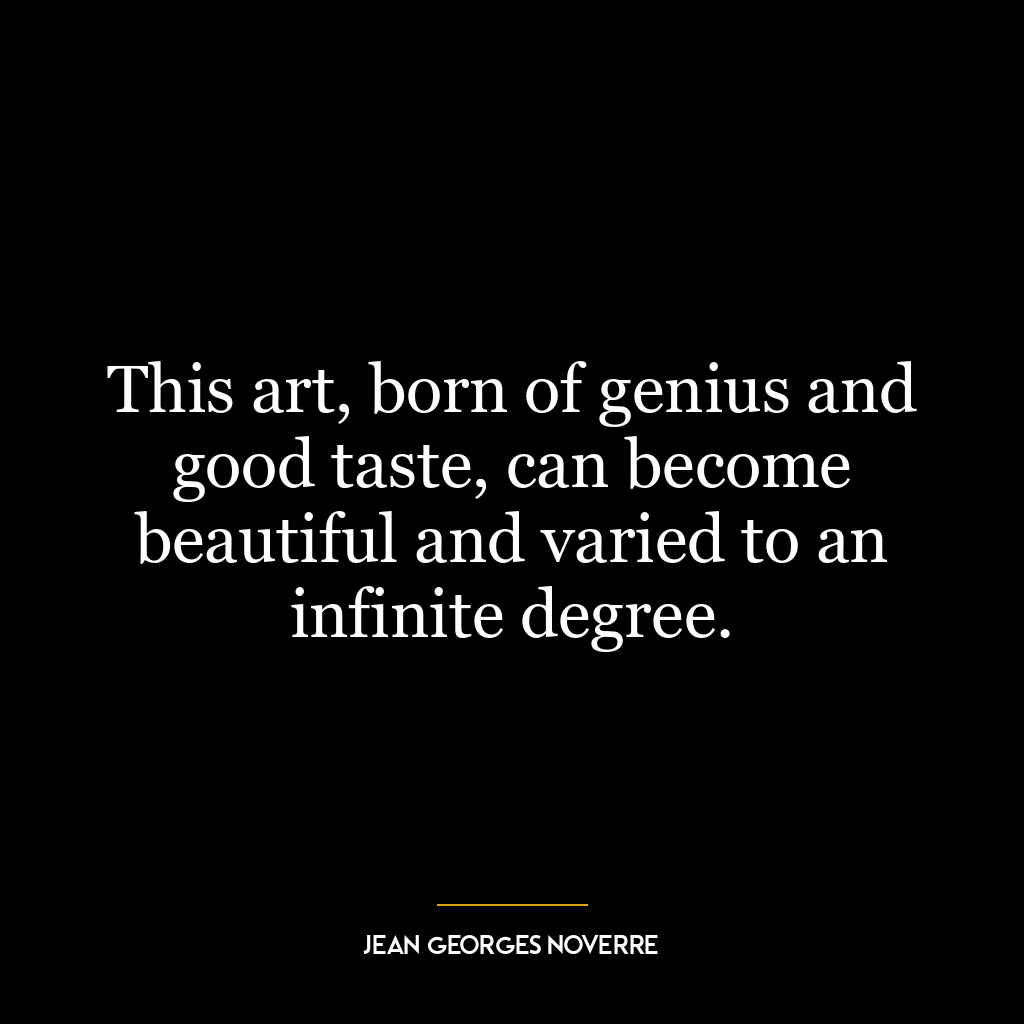This quote, “Without music, life would be a mistake,” is a poetic expression of the essential role music plays in human existence. It suggests that music is not just an optional form of entertainment or a leisure pursuit, but rather an integral part of our lives. It is as necessary as the air we breathe, the food we eat, and the water we drink. Without it, our lives would be incomplete, or in the words of the quote, a “mistake.”
To understand this, we must delve into the profound impact of music on us. Music has the power to evoke a wide range of emotions, from joy to sorrow, excitement to tranquility. It can provide comfort in times of distress, motivation in times of lethargy, and companionship in times of loneliness. It transcends languages, cultures, and geographical boundaries, uniting people and fostering a sense of shared humanity.
Moreover, music has the ability to enhance our cognitive functions. It can boost memory, improve concentration, stimulate creativity, and even promote physical coordination and development. It is a form of expression, allowing us to communicate and understand complex emotions and experiences that words alone may fail to capture.
Applying this idea in today’s world, we can see that music is more accessible and diverse than ever before. With the advent of technology, we can listen to any type of music from anywhere in the world at any time. This allows us to experience a myriad of emotions, ideas, and cultures, enriching our lives and broadening our perspectives.
In terms of personal development, engaging with music can be a powerful tool for self-improvement. For instance, learning to play an instrument can enhance discipline, patience, and perseverance. Listening to music can improve mood and reduce stress, promoting mental well-being. Furthermore, attending concerts or participating in musical groups can foster social connections and a sense of community.
In conclusion, the quote “Without music, life would be a mistake” encapsulates the fundamental role of music in our lives. It is not merely a source of pleasure, but a vital component of our existence, contributing to our emotional, cognitive, and social well-being.















